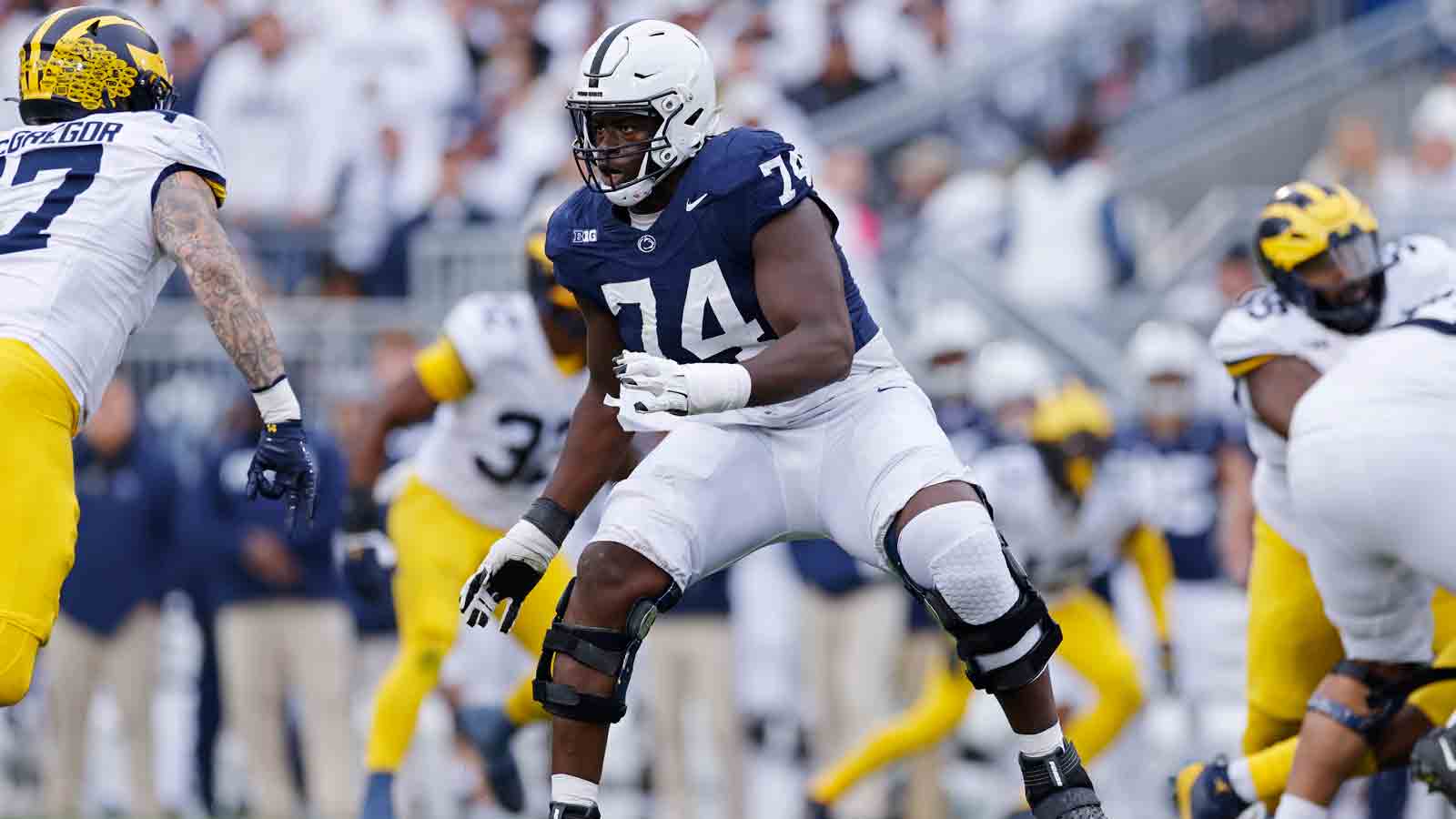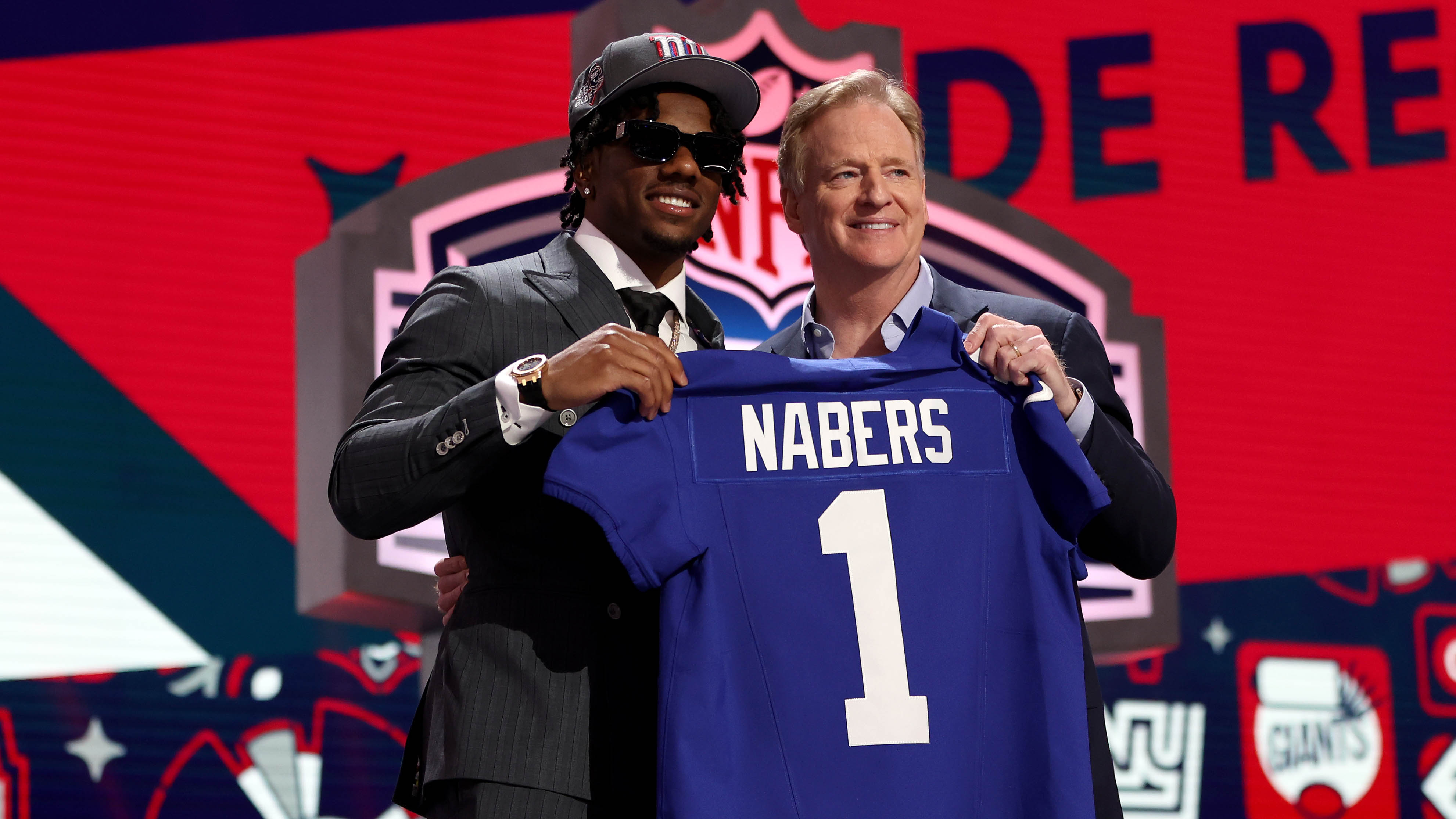Americans hopped on buses, subways and commuter rails more last year amid record-high gas prices and drove less on the nation's highways, according to industry figures to be released Monday.
Experts disagree on whether the number of riders -- the most since 1956 -- indicates Americans are depending less on their cars or was boosted temporarily by the recession.
People made 10.7 billion trips on public transit in 2008, a 4 percent increase over 2007, according to the American Public Transportation Association. Over the same time, Americans drove 3.6 percent less on the nation's highways. Gas prices peaked at more than $4 in July before falling, but ridership remained strong.
In 1956, Americans made nearly 11 billion trips. However, the percentage was much higher because the country had far fewer people -- about 170 million compared with some 306 million today -- and not as many cars.
Still, driving accounted for more than 90 percent of commuters' trips, said Robert Poole, director of transportation studies for the Reason Foundation, a libertarian think tank based in Los Angeles.
The swooning economy should be hurting ridership as hundreds of thousands of workers lose their jobs, and cash-strapped transit agencies raise fares and cut service, said William W. Millar, the association's president. However, he believes many who are trying mass transit are sticking with it despite the economy.
"I think there's no doubt that many people have found transit is a good thing," Millar said. "There does seem to be a shift."
Local
Poole has a differing view. The recession is pulling budget-conscious Americans off the roads as they seek cheaper alternatives, and the real test will be if gas prices remain low as the economy improves, he said. The length of the downturn could play a role, too, with some suggesting a prolonged period of pain.
The problem, Poole and others said, is that for most commuters who live and work in the suburbs, public transportation is inconvenient.
"We doubled the price of gasoline and the total impact (on driving) was minimal," said Alan Pisarski, author of "Commuting in America." "You can do a lot with prices and people will continue to pay."
Last month, the MTA announced that 2008 ridership numbers soared, but then reported that January 2009 saw a slight dip in subway riders.



